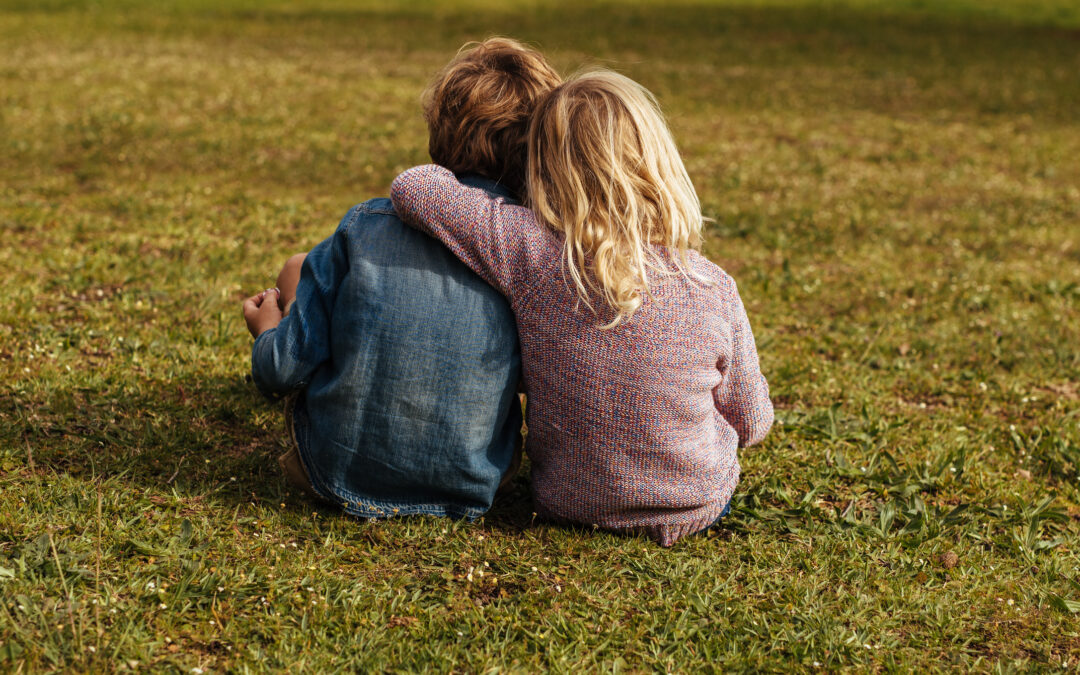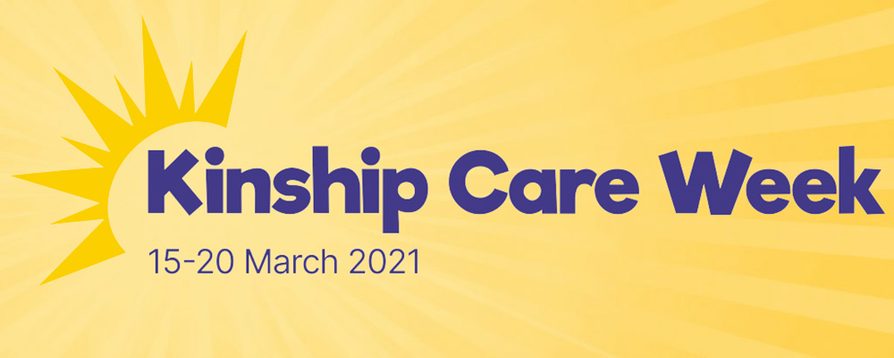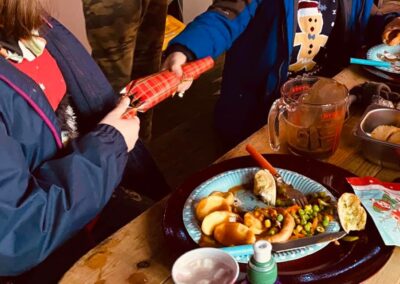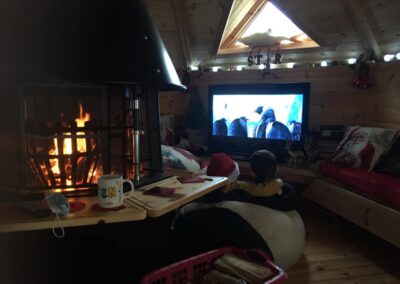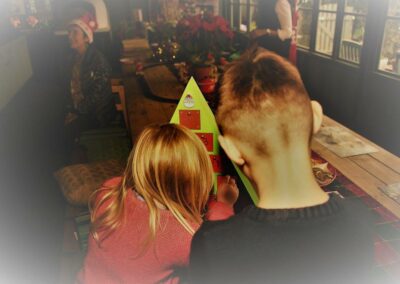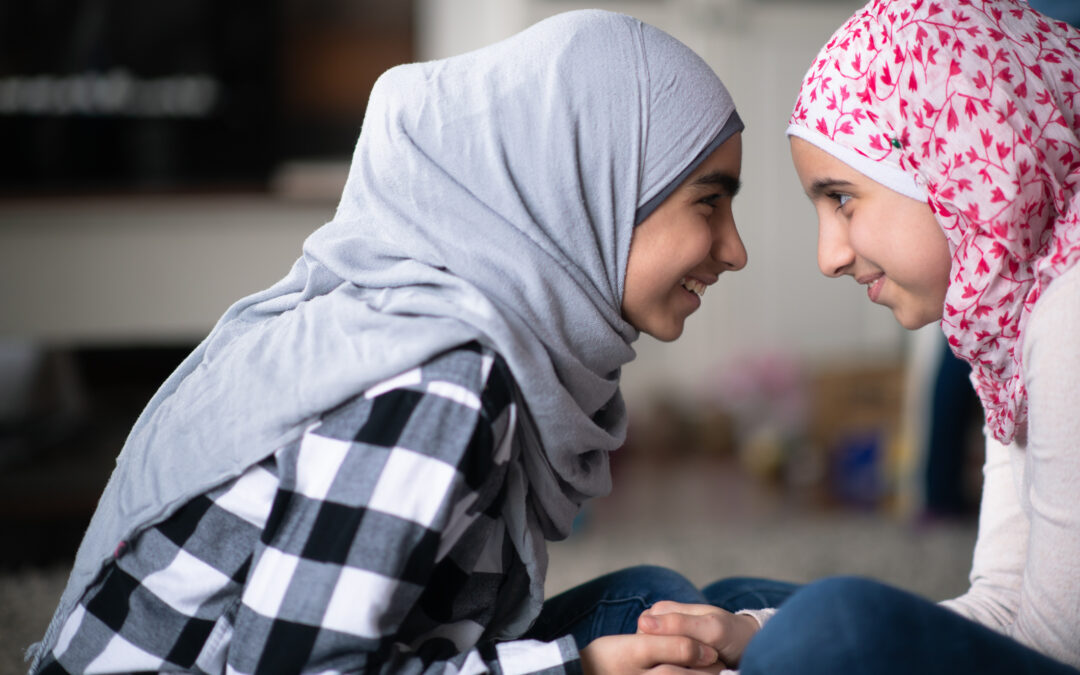
Using the law to improve care experienced brother & sisters’ lives
“I can’t believe it’s been three years since Stand Up for Siblings officially launched, and even longer since we started to shape our collaborative work.
Working together across sectors and disciplines has been really effective for raising awareness of hurdles faced by care experienced brothers and sisters and ways to overcome them.
The message has been all the stronger and had much broader impact for having come from a kaleidoscope of experts, organisations and agencies. It’s also been a professional and personal privilege.
A key highlight of course has been when in September 2019 the Scottish Government announced a package of legislative reforms to support the sibling relationships of looked after children, and the joint expertise and influence Stand Up for Sibling has been able to contribute to these changes to the law before and after that date.
As lawyers for children and young people Clan Childlaw frequently advises and represents care experienced young people who, through becoming involved in the care system, have become separated and lost touch with brothers and sisters, or are at risk of doing so. We are really hopeful about the changes to the law and the change they will bring.
Our solicitors can already help in lots of different situations care experienced brothers and sisters find themselves in, and we’ve recently added some new examples to our website where it’s definitively worth getting in touch with a lawyer – take a look at Clan Childlaw’s website here.
Changing the law won’t change things overnight, but it will force everyone around children to think far more carefully about the importance of their sibling relationships and how they can be supported long-term.
New legal duties will apply to local authorities and children’s hearings from July, accompanied by new Rules for sibling participation in children’s hearings. These will support and cement the culture change we are already seeing, backed up by the work to implement ‘The Promise’. The work of Stand Up for Siblings is not yet over, but I feel hopeful for lasting change.”
Janet Cormack works as Legal Policy Manager at Clan Childlaw, a specialist law centre for children and young people and co-founder of Stand Up for Siblings. Clan Childlaw has a Freephone enquiry line for information and advice – to speak to a solicitor call 0808 129 0522 or email info@clanchildlaw.org.
